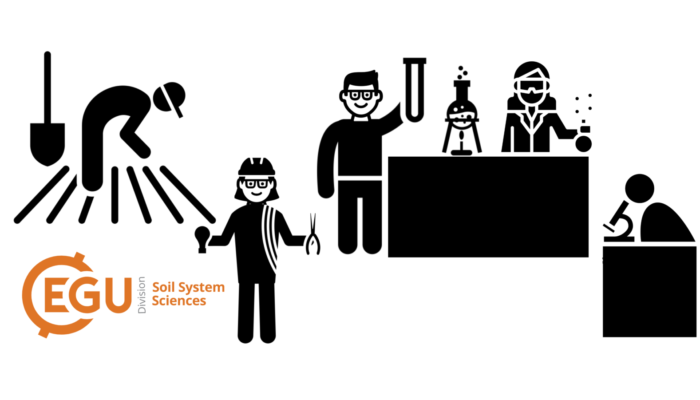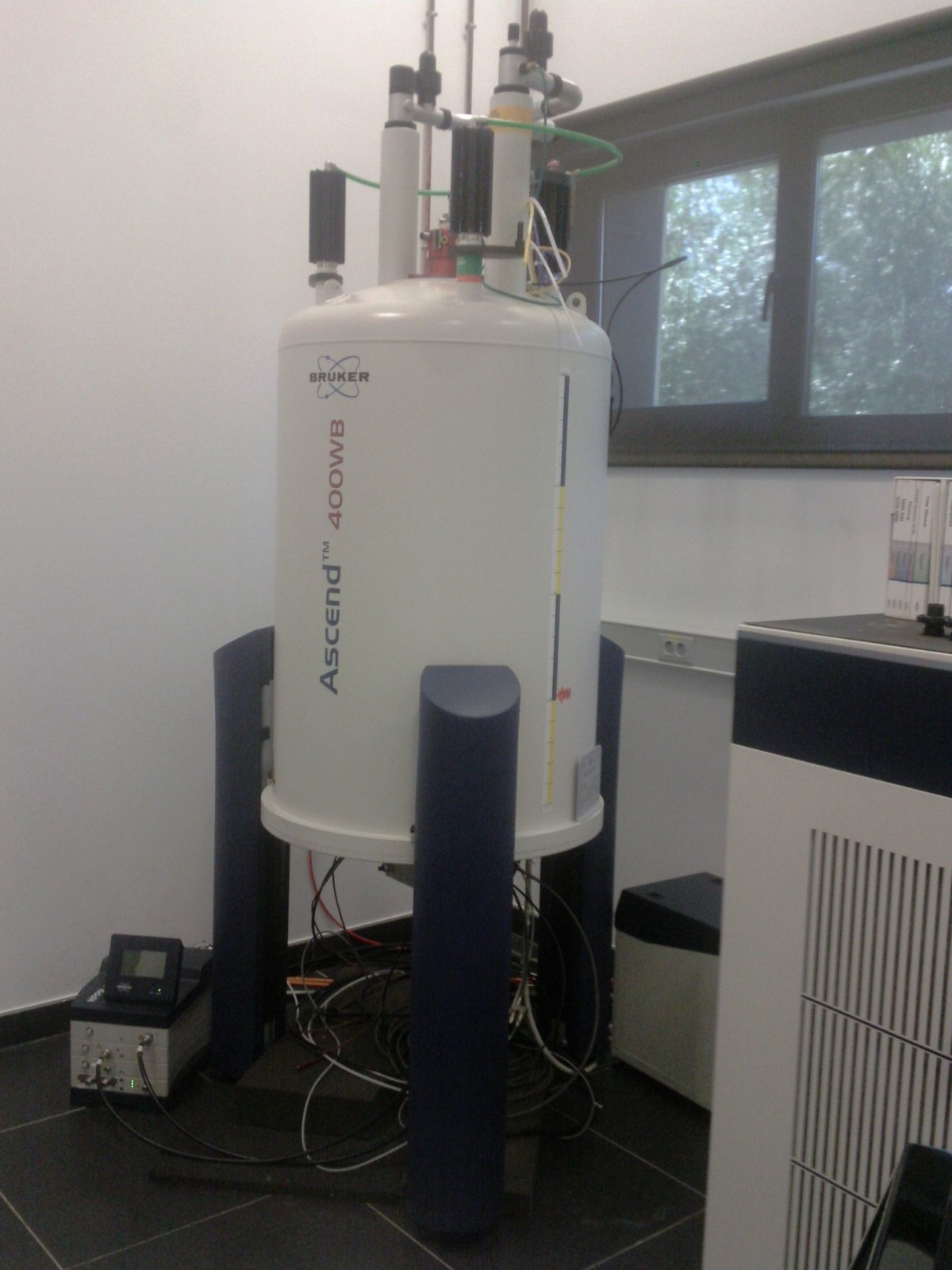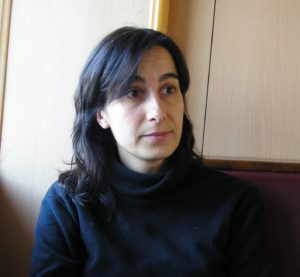
It’s May, and here at Soil System Science HQ we’re calming down after a busy yet fascinating fortnight at the General Assembly. Over the course of two weeks, we enjoyed many thousands of soil science presentations – each one representing a great contribution to our knowledge and understanding about the soil system. Of course, we should never forget that much of that research would not have been possible without the indispensable work carried out by our technicians, laboratory assistants, and research support teams.
This monthly blog series is one of the ways we pay tribute to these key individuals, and their tireless efforts to maintain our laboratories, carry out fieldwork, and make research happen! You can read our previous conversations with a diverse range of soil science technicians here.
Don’t forget that you can nominate a technician by emailing Daniel.L.Evans@cranfield.ac.uk
Technician of the Month #6
Marta Velasco Molina – Institute of Natural Resources and Agrobiology of Seville (IRNAS), Spain
So, this month, we’ve travelled to Spain, and joining us now is Marta Velasco Molina. Which institution are you based at, Marta, and what are your main responsibilities as research technician?
I work at the Institute of Natural Resources and Agrobiology of Seville (IRNAS-CSIC, Spain). Currently, I am responsible for the Nuclear magnetic resonance (NMR) spectroscopy service under the supervision of Prof. Dr. Heike Knicker. My tasks mainly consist of sample preparation (sieving, grinding, lyophilization, demineralization, decarbonation, etc.), technical maintenance of the equipment, and results processing. I also train students and visitors in lab routine, including basic analysis such as physical and chemical characterization of soils, as well as providing guidance in field and greenhouse experiments. I also oversee labour risk prevention, besides contacting suppliers and other administrative staff.
What made you want to be a research technician?
It was not something that I really intended or thought about as a goal, but it just came up. I started in research as a PhD student: first taking my master’s degree, later enrolling in a doctoral project, assisting conferences, writing articles, etc. However, over time I realized that it was much more fun to be in the lab conducting experimental trials, testing new and innovative lab tests, checking errors, etc.
What would you say is the most exciting aspect about being a research technician in soil science?
When you are immersed in a project, where the aim is very specific and detailed, but at the same time you cannot overlook the fact that soils are complex ecosystems and have global roles.
What would you say is the most challenging aspect of being a research technician?
I think the most challenging aspect is when you find out that some samples are not “performing” in the way you expected: you followed the right protocol, calculations are okay, chemical reagents are good, and still something is missing. It is like playing gymkhana!

Marta is the NMR lab manager, whose work mainly consists of technical maintenance and data curation. Photo credit: Marta Velasco.
What is the one thing you wish soil scientists would do (or do more) when they work with technicians?
“Please, be patient”, that would be my message. Soil science is not an exact discipline but experimental. As I pointed out, you cannot predict any result or trend derived from your experimental trial, and accurate results take time too.
Is there anything else you would like to share with the soil science community?
Lab technicians are researchers, and foremost citizens, so we must continue tackling the great challenges that we face as a society: sustainability and food production, climate change, desertification, erosion, pollution. We cannot let the incessant eagerness of publishing diminish the great and real value of sciences: improve our society and the world we live in.
Edited by Dan Evans, Layla M. San-Emeterio and Olga Vindušková
References
[1] Featured image created by Olga Vindušková using icons created by Louis Prado, Adrien Coquet, ProSymbols, and iconixar, from Noun Project


MERIEM
thank you very nice website article